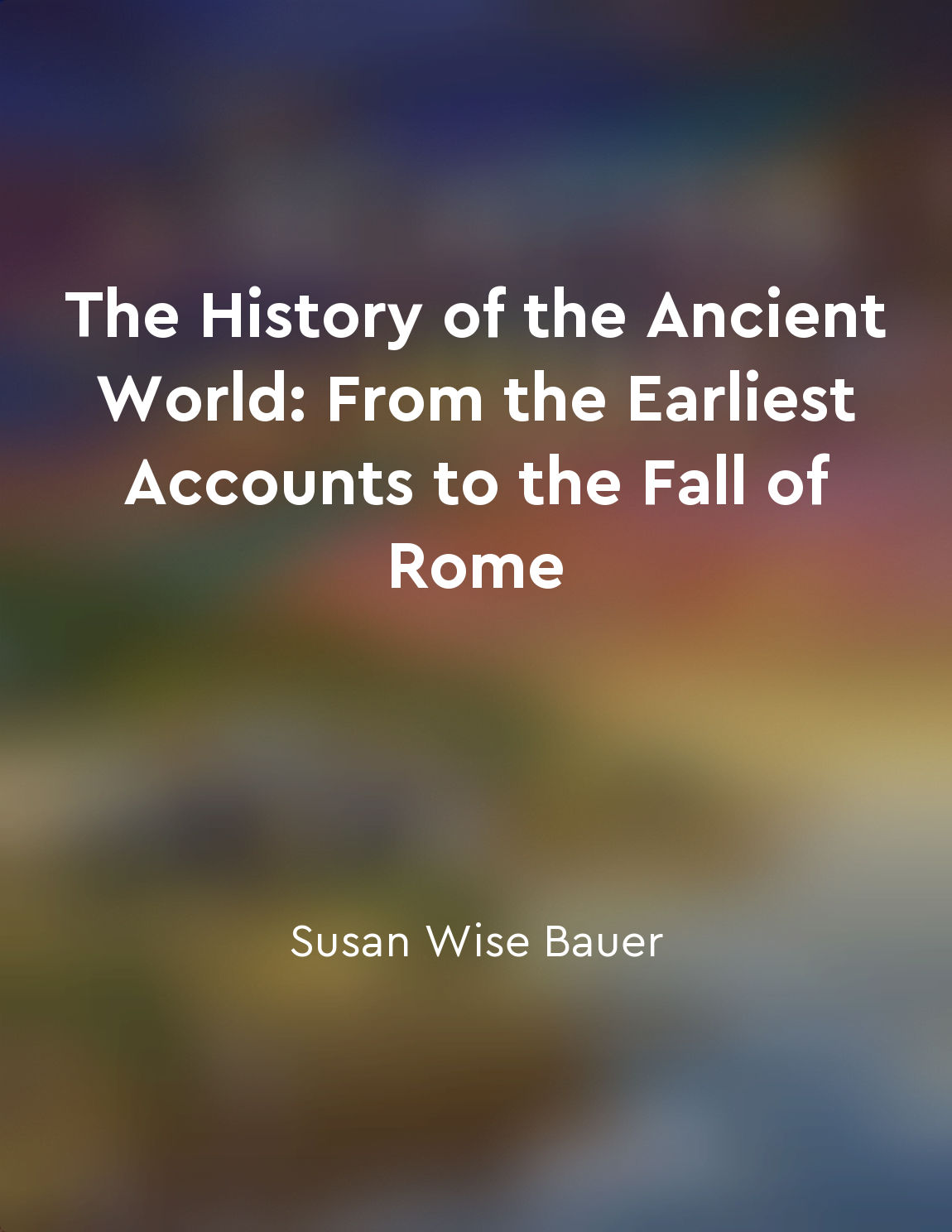The Poverty of Historicism critiques the idea that historical predictions can be made with certainty from "summary" of The Poverty of Historicism by Karl Popper
The idea that historical predictions can be made with certainty is a fallacy that many have fallen prey to. The belief that one can accurately predict the course of history based on past events is not only misguided but also dangerous. History is a complex and chaotic system, subject to countless variables and unforeseen circumstances. To assume that we can accurately predict its future course is to ignore the inherent uncertainty and unpredictability of human behavior and societal dynamics. Historicism, with its deterministic view of history, fails to account for the inherent unpredictability of human actions and the complexity of historical events. It assumes that history follows a predetermined path and that we can extrapolate future events based on past patterns. However, this view is fundamentally flawed, as it fails to consider the countless variables and contingencies that can disrupt these patterns and lead to unexpected outcomes. Historical predictions are inherently limited by the incompleteness of our knowledge and the unpredictable nature of human behavior. No matter how much evidence we may gather or how sophisticated our methods of analysis may become, we can never fully predict the course of history with certainty. The future is always uncertain, and any attempt to predict it with absolute certainty is bound to fail. The poverty of historicism lies in its false promise of certainty in an inherently uncertain world. By acknowledging the limitations of historical predictions and embracing the uncertainty of the future, we can adopt a more humble and realistic view of history. Rather than seeking to predict the future with certainty, we should focus on understanding the past and learning from its lessons. In doing so, we can navigate the complexities of history with greater insight and humility.Similar Posts
Predictions based on historicism are ultimately unfalsifiable
The idea that predictions based on historicism are ultimately unfalsifiable stems from the belief that historical laws exist wh...

Consider the influence of ancient philosophy on medieval thought
The ideas of ancient philosophers such as Plato and Aristotle had a profound impact on medieval thought. These ancient thinkers...
The end of history does not mean the end of conflicts
The idea that the end of history does not equate to the end of conflicts is a crucial concept to grasp. In essence, the belief ...
He posits that social phenomena are the result of individual actions
According to Popper, social phenomena are not predetermined or inevitable. They do not arise from some overarching, determinist...
He advocates for a democratic and liberal society
The idea put forward is the advocacy for a democratic and liberal society. This concept is rooted in the belief that such a soc...
Spengler views history cyclically
Spengler argues that history follows a cyclical pattern, much like the seasons or the life cycle of a living organism. Just as ...
